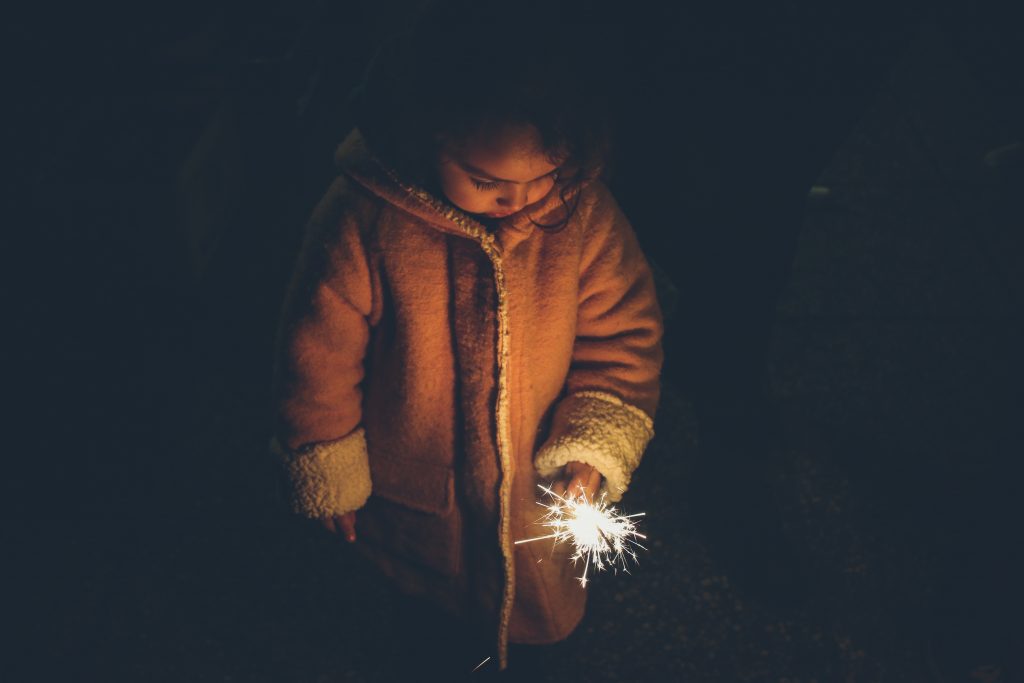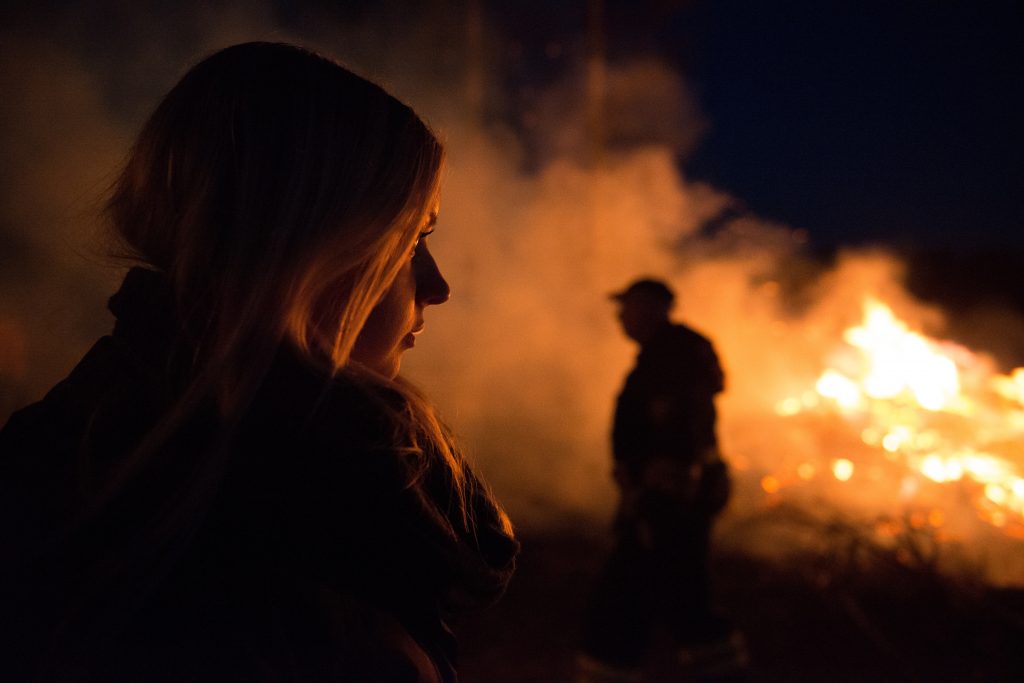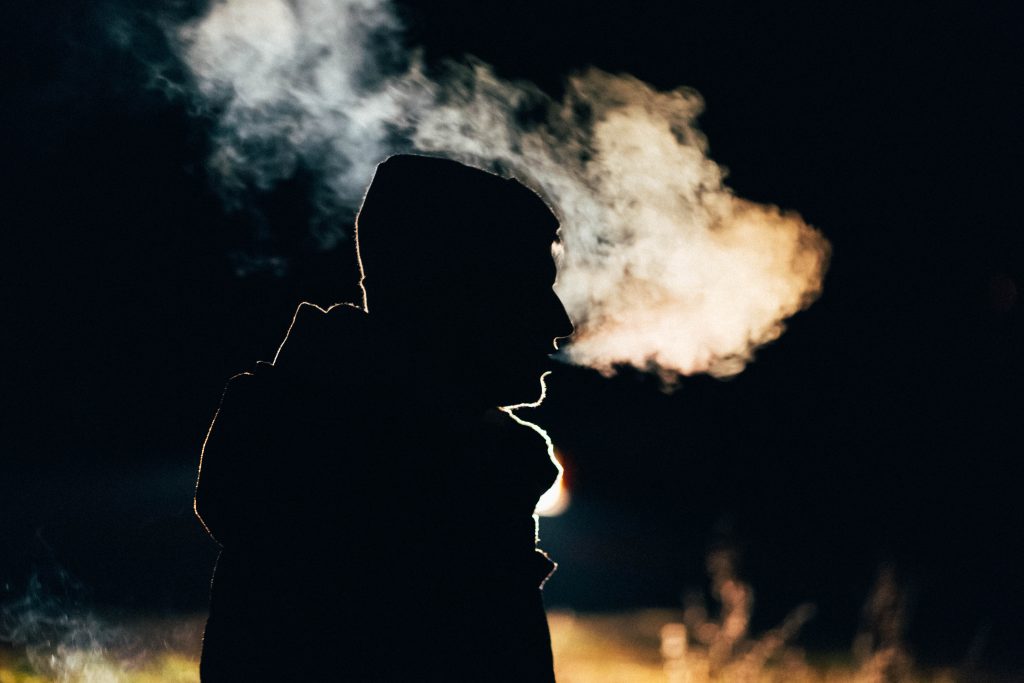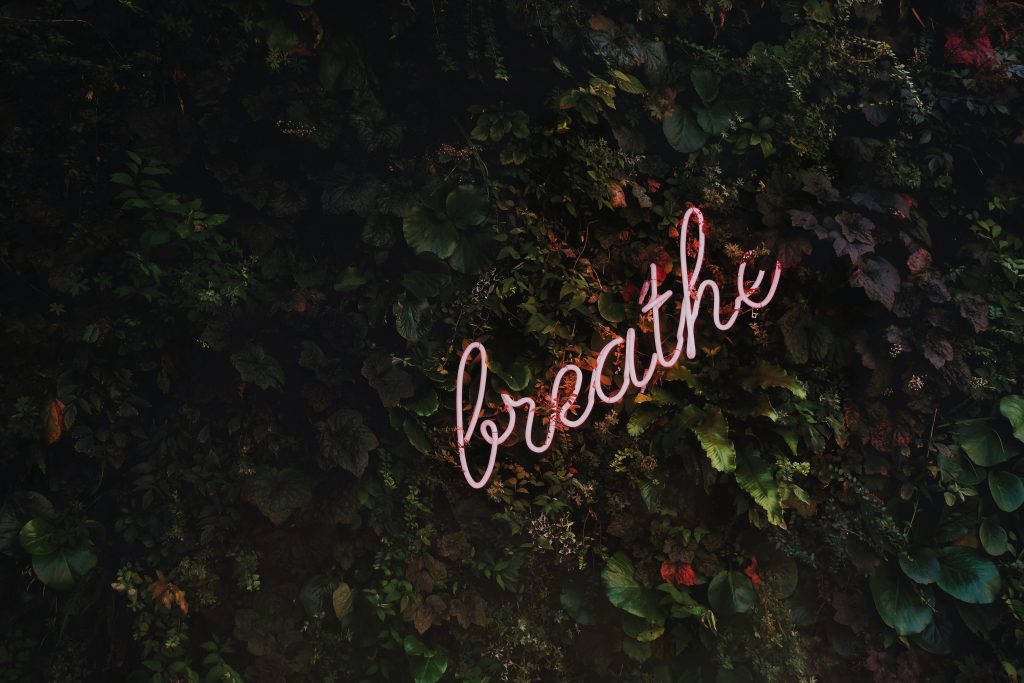Mae’r cynnwys hwn ar gael yn Saesneg yn unig.
While many of us look forward to the exuberant displays on the 5 November every year, some people are filled with a sense of foreboding in the lead up to bonfire night. People with Post-Traumatic Stress Disorder (PTSD) may suffer as a result of the celebrations.

What are the symptoms?
PTSD is the name given to a set of symptoms that some people develop after experiencing major traumatic events. The traumatic event could be a single incident or an accumulation of stressors over several months or even years. PTSD sufferers experience symptoms such as repeated and intrusive distressing memories of the event(s), often in the form of flashbacks or nightmares accompanied by a feeling of reliving or re-experiencing the event.
Other commonly developed symptoms, especially among war veterans are Hyperacusis and Phonophobia.
Hyperacusis is a decreased tolerance for loud sounds in a physiological sense. Phonophobia is an anxiety disorder, a fear of sound.
These conditions are quite often found in conjunction which may be due to the underlying decreased tolerance for sound eliciting the development of the fear of sounds. The specific sounds that war veterans with PTSD are most fearful of are those alike to gunshots and explosions, in other words, fireworks.

It is almost as though the whole occasion was designed to trigger veterans PTSD. The famous poem telling them ‘remember, remember’ when they just want to forget. The fireworks causing them to remember their traumatic event through sound, smell or sight. The disparity between everyone else’s jovial spirits and their own apprehension and distress.
Another group of people who could be in distress on bonfire night are those with anxiety: massive crowds of excited animated people; fireworks being set off in town or in back gardens with the potential for injury. Bonfire night is one of the busiest times of the year for our emergency services with a large influx of firework-related injuries.
Sparking unwanted memories
The intense lights and sudden loud noises can take people suffering from PTSD back to the time of their trauma in a split second. Veterans with wartime trauma and survivors of gun violence are two of the groups worst affected by the displays. But it could affect survivors of natural disasters amongst other groups of PTSD sufferers. This may lead them to be hypervigilant or ‘on alert’ at all times on bonfire night as a big chunk of the problems are caused by the loud bangs being unexpected.
Some find it best to stay inside during the time when people are going to be setting off fireworks and the celebrations are at their peak.
This is a strategy many PTSD sufferers adopt but the problem is bonfire night could be more aptly described as bonfire week. In the days surrounding the big night, there are fireworks being let off in people’s gardens and local parks. This means the nights neighbouring the 5th of November can be more triggering for veterans as the explosions and fireworks are unexpected so they are not ready for them.

It’s not always correct to assume that avoiding the displays is the best strategy. Many sufferers present with PTSD in different ways, with a range of stimuli that can trigger the stress response. Some people find that actively going to see an organised show is the best way to deal with it because then it isn’t just the sound far in the distance, they are present and witnessing the display.
Podcast
Listen to our recent podcast on PTSD, military veterans and the latest research in this area.
Resources
If you suffer from PTSD and struggle around bonfire night then there are many resources available that may ease the difficult month of November’s passing. The Combat Stress helpline is one you could call if you needed to talk to someone about it and used to or currently serve in the armed forces.
For people with other forms of PTSD or anxiety, there are also places to seek help, for example, Anxiety UK. It helps some people to have a plan, especially for bonfire night itself to keep themselves busy and are able to stay relaxed. Maybe learn some relaxation techniques beforehand in case something does trigger your PTSD or anxiety and you need to calm down.

In recent years, many have found mindfulness to be a great relaxation technique which focuses on knowing directly going on inside and outside ourselves, moment by moment.
Obviously, bonfire night celebrations aren’t going to stop as a result of a select few suffering, but we can still be mindful of our neighbours. If you know one of your neighbours served in the military and/or has PTSD then maybe go to an organised event rather than setting off fireworks in your garden, or perhaps alert them in advance that you are going to do so.
This way they can prepare for it and cope better with any symptoms they experience. So when it does come to bonfire night, enjoy the celebrations, but remember to be conscious of those around you.
If you’ve been affected by PTSD and would be interested in taking part in research you can participate online and learn more about our clinical trials by visiting our noticeboard.
More information
Here are some helpful website links and charities for those with PTSD or those wanting to educate themselves further on the disorder.




